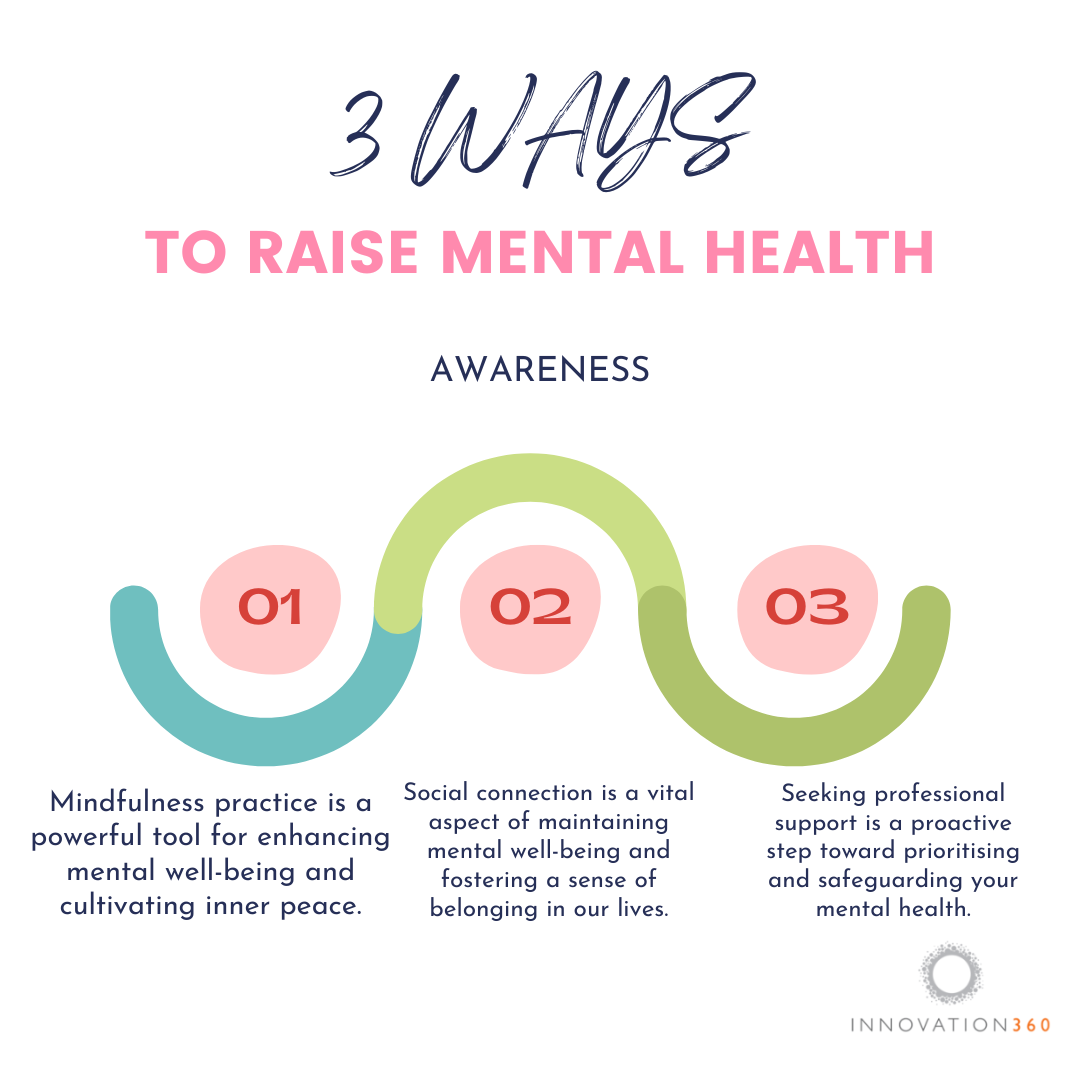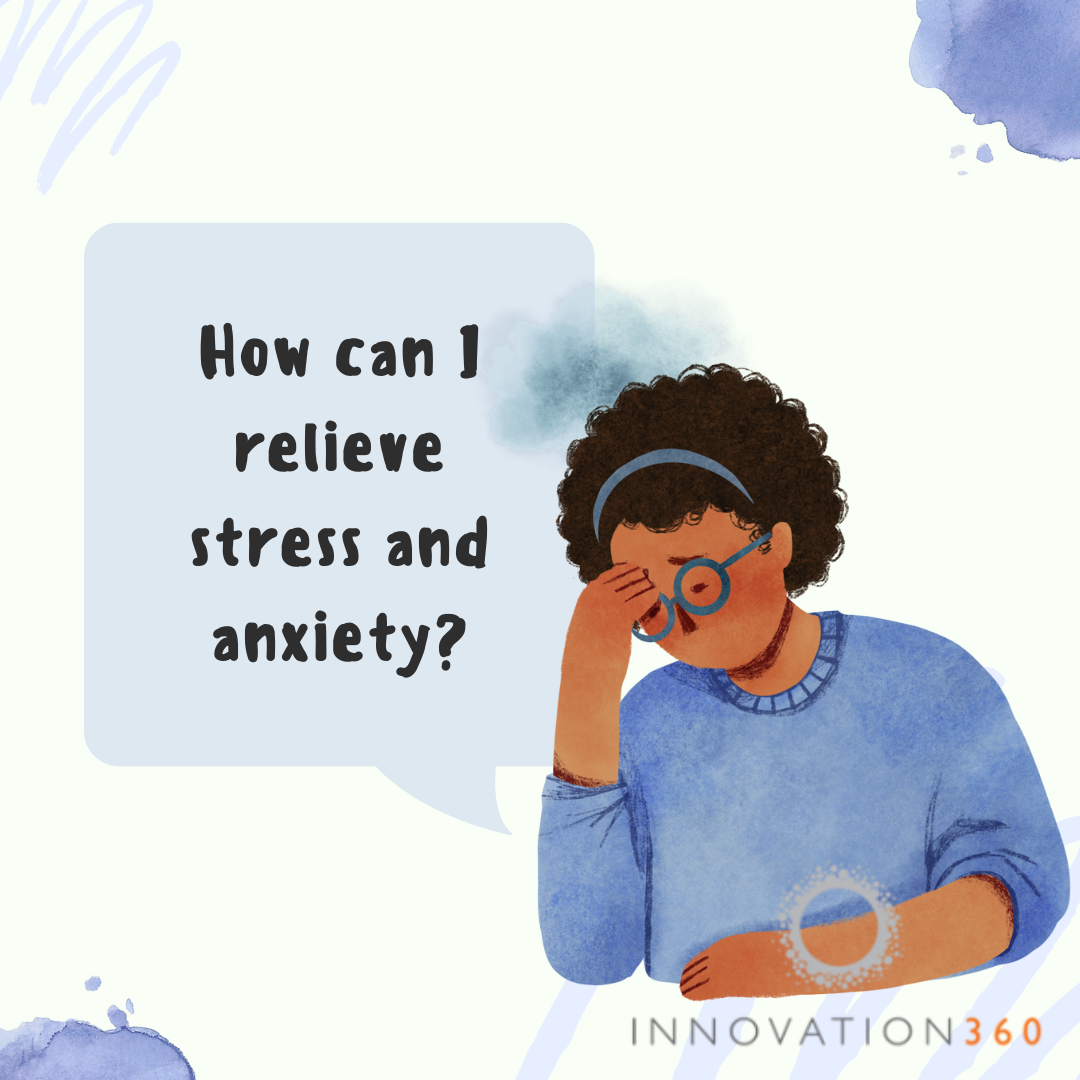Three Essential Tools to Maintain Mental and Physical Well being
Introduction:
In today’s fast-paced world, maintaining mental and physical health is paramount for a fulfilling life. With the right tools and strategies, achieving a balanced lifestyle becomes more attainable than ever. In this comprehensive guide, we will explore three indispensable tools that can significantly contribute to your overall well-being.

Three essential tools for maintaining mental and physical well-being
Mindfulness Meditation: A Path to Inner Peace
Amidst the chaos of daily life, finding moments of tranquility can be challenging. However, practicing mindfulness meditation offers a sanctuary for the mind to unwind and rejuvenate. By simply dedicating a few minutes each day to mindfulness meditation, individuals can cultivate a deeper connection with their thoughts and emotions, leading to reduced stress and heightened clarity.
Exercise: Fueling the Body and Mind
Physical activity is not only essential for maintaining a healthy body but also plays a crucial role in promoting mental well-being. Engaging in regular exercise releases endorphins, often referred to as the body’s natural mood lifters, which can alleviate symptoms of anxiety and depression. From brisk walks in nature to invigorating cardio sessions, there are countless ways to incorporate exercise into your daily routine and reap the abundant benefits it offers.
Nutrition: Nourishing from the Inside Out
The old adage “you are what you eat” holds true when it comes to mental and physical health. Fueling your body with nutrient-rich foods not only supports physical vitality but also enhances cognitive function and emotional stability. Incorporating a diverse array of fruits, vegetables, lean proteins, and whole grains into your diet provides the essential vitamins and minerals necessary for optimal well-being.
Social Connection: Building Meaningful Relationships
Humans are inherently social beings, and fostering meaningful connections with others is paramount for overall happiness and fulfillment. Whether through spending quality time with loved ones, joining community groups, or engaging in social activities, nurturing relationships provides a sense of belonging and support that is invaluable for mental and emotional health.
Quality Sleep: The Foundation of Well-being
Sleep serves as the body’s reset button, essential for physical restoration and cognitive processing. Prioritizing quality sleep hygiene, such as maintaining a consistent sleep schedule and creating a relaxing bedtime routine, is paramount for optimal mental and physical functioning. Adequate restorative sleep enables individuals to wake up feeling refreshed and rejuvenated, ready to tackle the day ahead.
Stress Management: Cultivating Resilience
In today’s hectic world, stress has become a prevalent issue affecting millions worldwide. However, learning effective stress management techniques can empower individuals to navigate life’s challenges with grace and resilience. From practicing deep breathing exercises to engaging in stress-relieving hobbies, incorporating stress management strategies into your daily routine can significantly enhance your overall well-being.

Three essential tools for maintaining mental and physical well-being: mindfulness meditation, exercise, and nutrition.
FAQs
How often should I practice mindfulness meditation? It’s recommended to practice mindfulness meditation for at least 10-15 minutes each day to experience its full benefits. However, even shorter sessions can be beneficial when integrated into your daily routine.
What are some beginner-friendly exercises to try? For beginners, low-impact activities such as walking, swimming, or yoga are excellent choices to ease into a regular exercise routine. These activities provide gentle yet effective ways to strengthen the body and improve overall fitness levels.
How can I improve my sleep quality? Creating a conducive sleep environment, avoiding caffeine and electronic devices before bedtime, and practicing relaxation techniques can all contribute to better sleep quality. Additionally, establishing a consistent sleep schedule can help regulate your body’s internal clock for improved restorative sleep.
Is it necessary to follow a strict diet regimen for optimal nutrition? While following a balanced diet is essential for overall health, strict dietary regimens may not be sustainable or necessary for everyone. Instead, focus on incorporating whole, nutrient-dense foods into your meals while allowing for flexibility and enjoyment in your eating habits.
What role does social connection play in mental health? Social connection serves as a protective factor against mental health issues such as depression and anxiety. Building strong relationships and fostering a sense of community provides emotional support and validation, promoting overall well-being.
How can I effectively manage stress in daily life? Incorporating stress management techniques such as mindfulness meditation, exercise, and relaxation exercises into your daily routine can help alleviate stress and promote resilience. Additionally, practicing self-care and setting realistic expectations can reduce feelings of overwhelm and anxiety.
Conclusion:
Incorporating these three essential tools—mindfulness meditation, exercise, and nutrition—into your daily routine can profoundly impact your mental and physical well-being. By prioritizing self-care and embracing a holistic approach to health, you can cultivate resilience, vitality, and joy in every aspect of your life.
DALLAS — In this week’s “Your Best Life,” 6 News Anchor Leslie Draffin spoke with a Dallas-based clinical psychologist about the three tools we all can use to remain physically and mentally healthy.
Dr. Kevin Gilliland is a Dallas-based clinical psychologist with over 20-years-experience managing mental health.
“This is not an event for us to get through. This is a change in life that we have to adjust to. We have to be creative and we have to be willing to do some things that are outside our normal routine.” Gilliland said.
He said there are three keys to remaining healthy right now.
“Sleep is power, food is fuel and movement is medicine.”
The Anxiety and Depression Association of America said roughly 40 million Americans over age 18 suffer from anxiety. According to Dr. Gilliland, the first thing that might help is better sleep.



